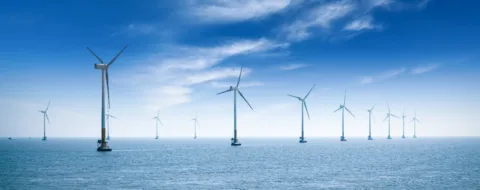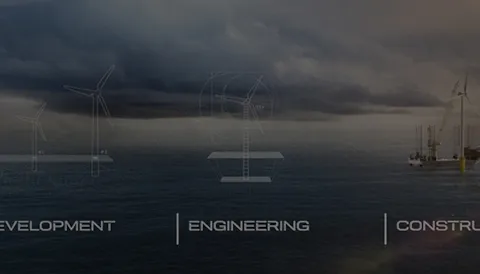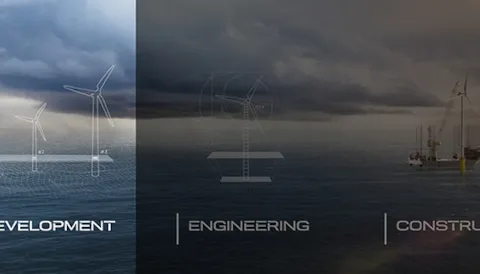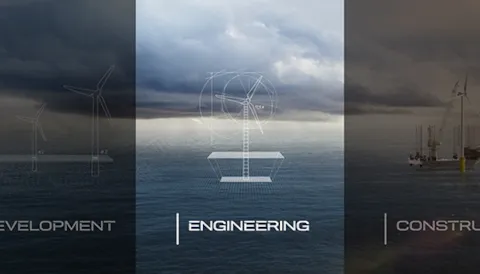DNV advises Tokyo Gas on its investment in Principle Power’s floating wind technology, WindFloat®
Independent technical and market analysis support for Tokyo Gas’ USD 22 million investment in a wind component manufacturer
Three key benefits:
- Assessment of key technical risks associated with deploying WindFloat®in the Japanese and global markets
- Comparative assessment of the WindFloat® product versus other floating wind technologies available worldwide
- Review, analysis and market sizing of the global floating wind market
About the customer
Tokyo Gas Co., Ltd. is Japan's largest provider of city gas, serving more than 11 million customers for over 130 years, primarily in the Tokyo metropolitan area and surrounding Kanto region. As a major player in the Japanese energy industry, Tokyo Gas is working to build renewable energy sources both in Japan and beyond to achieve net-zero CO2 emissions, as set out in its Vision “Compass2030”. The gas and power utility company has said that it is committed to providing a stable power supply by balancing output fluctuation in power generated by renewable energy with gas-fired power generation, its core business. The company has plans to ramp up its renewable energy capacity from both domestic and overseas projects to 5 GW by 2030. This target represents a ten-fold increase from its current renewables capacity of 490 MW.
The customer challenge
The customer required the support of an independent advisor to conduct a technical and market analysis on its potential investment in Principle Power and the WindFloat® solution. WindFloat®is a floating wind turbine foundation which represents a paradigm shift for the industry in terms of reduced costs and risks for the installation and operations of offshore wind turbines. Principle Power sells WindFloat®as a technology solution and acts as service provider to developers, utilities and independent power producers.
DNV’s solution
DNV conducted a due diligence on Principle Power and a technical evaluation of the WindFloat® product. As a first step, DNV assessed the strengths and weaknesses of WindFloat®against competing products with respect to design, fabrication, transport, installation, operations and costs. This was followed by a technical due diligence assessment of Principle Power’s organization, competence and track record.
Benefits to the customer
Through the due diligence process, Tokyo Gas was able to evaluate Principle Power’s competitive position, assess internal and external market factors and estimate the current and future potential of the WindFloat® solution. This evaluation confirmed the assumptions and financial model inputs Tokyo Gas required in its investment analysis from which the customer made a careful and critical examination of whether this potential investment aligned with its overall investment strategy.




